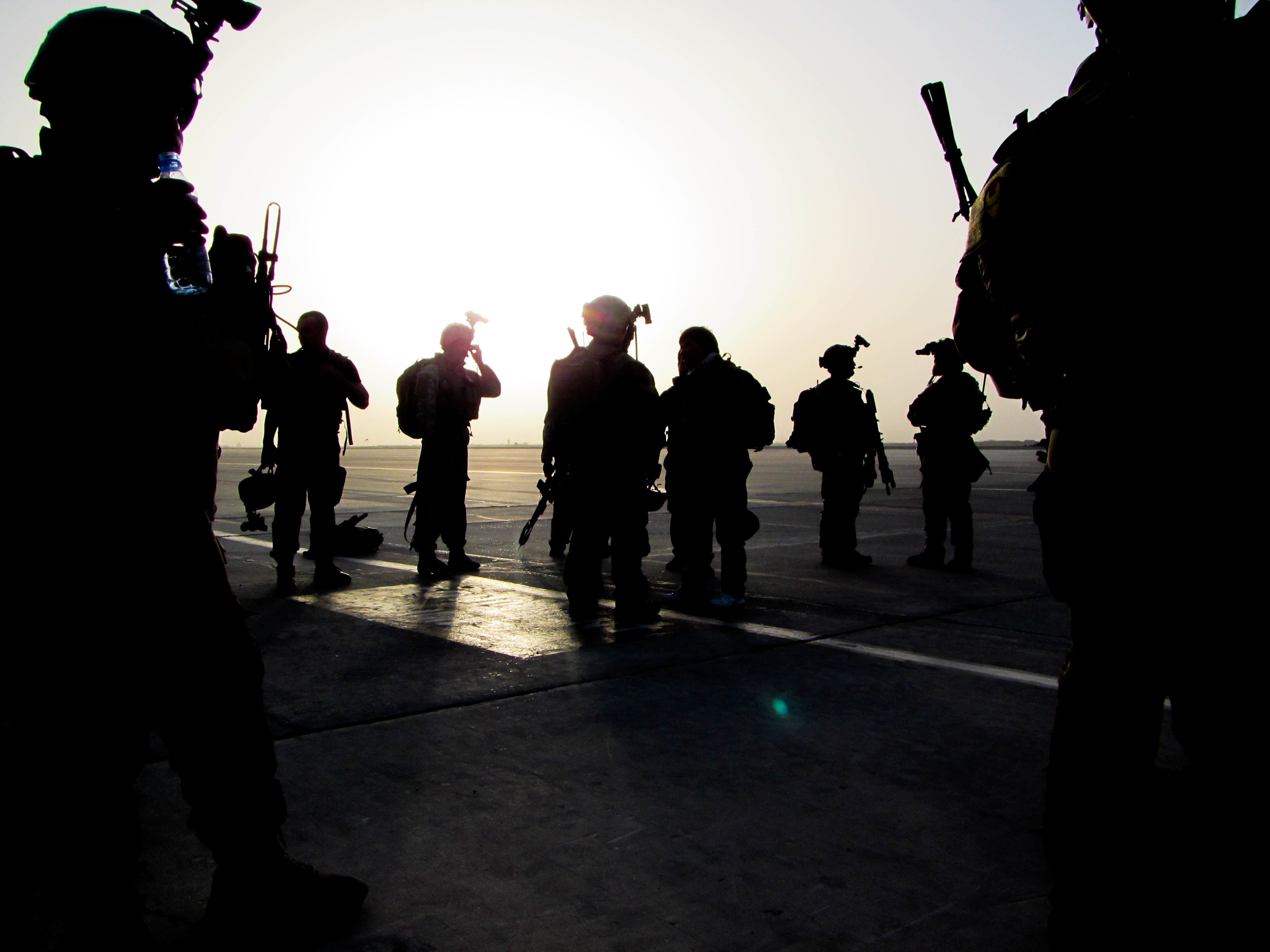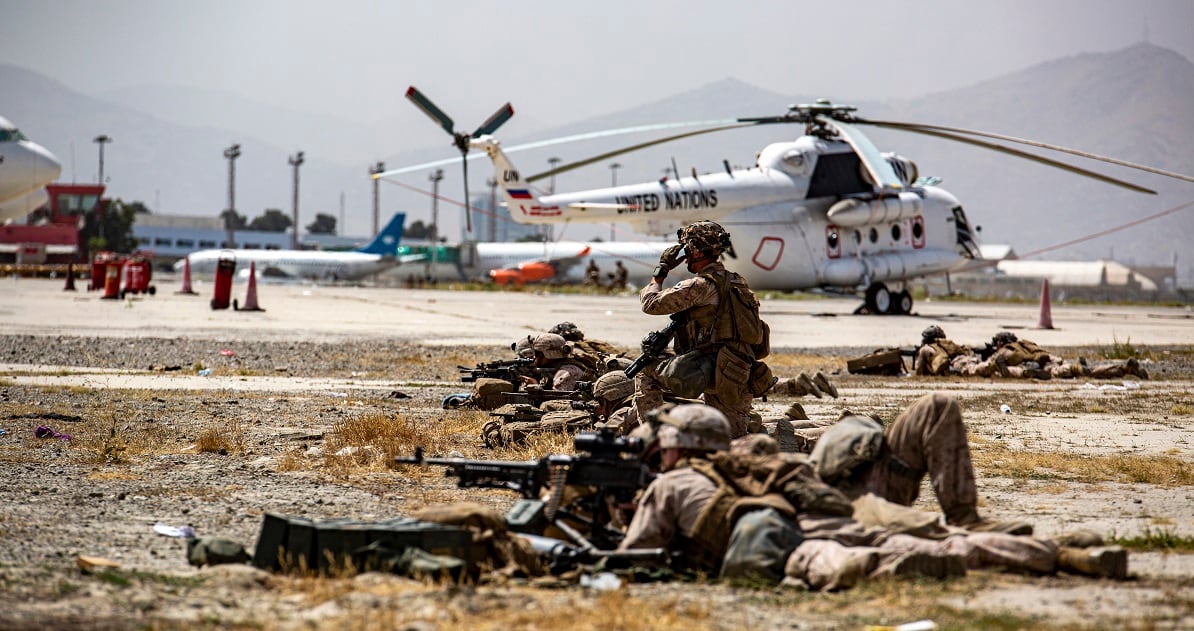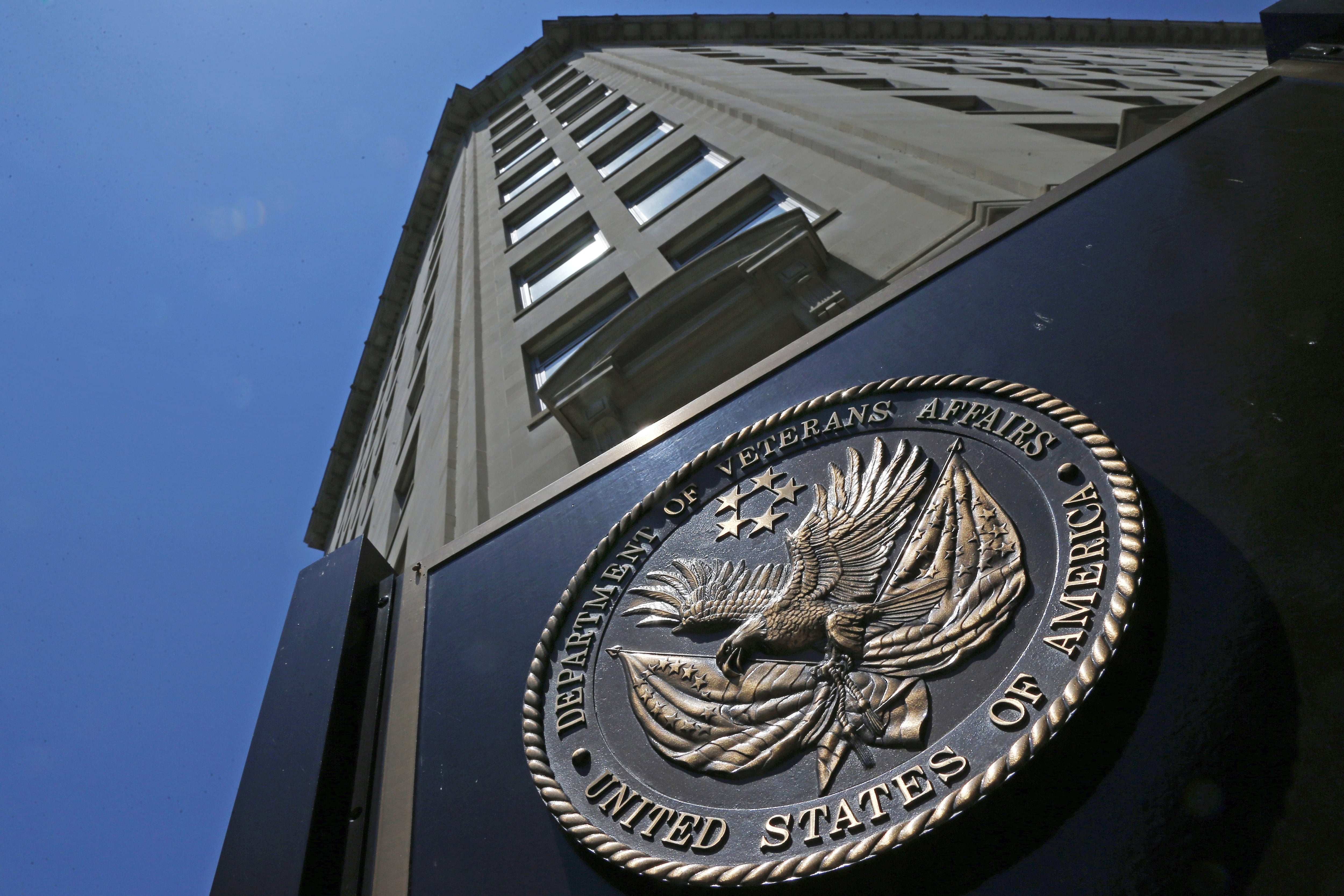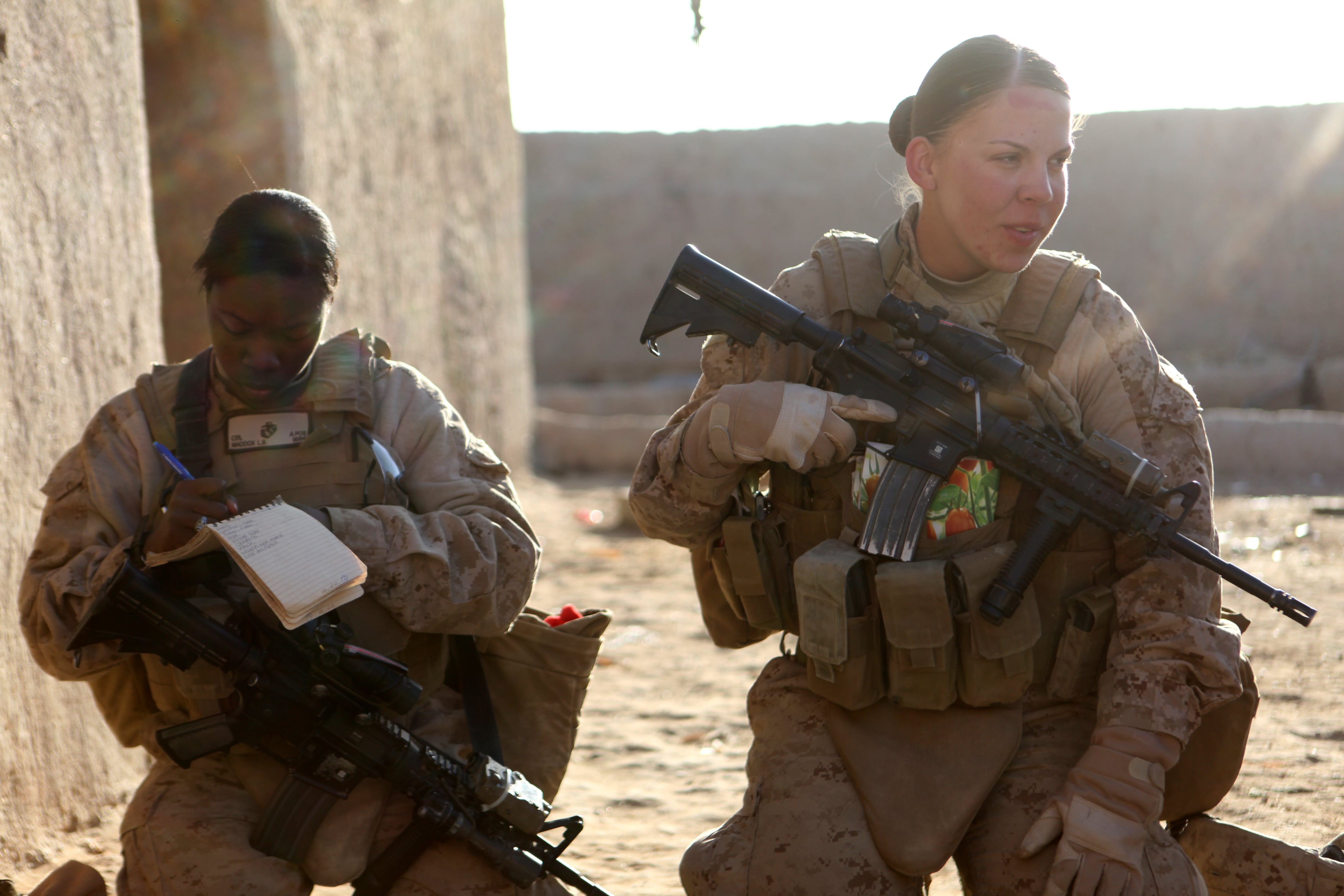The deadline to pull remaining U.S. troops out of Afghanistan is less than a day away, and with that the numbers of people getting out have significantly reduced. While 26 C-17 Globemasters left Hamid Karzai International Airport on Sunday, according to the deputy director of the Joint Staff for regional operations, just 1,200 evacuees were on board, a fraction of the throughput the forces in Kabul were able to amass last week.
Officials wouldn’t say whether that number was due to equipment and supplies taking up more space or flights, or if it was because of reduced flow through the airport’s gates. There have been multiple reports that the gates have shut down permanently, though officials wouldn’t confirm that either.
“We’re not going to get into details of load plans, but obviously we are reaching the end of our prescribed mission, so commanders are inflowing and outflowing those requirements needed to complete the mission,” Maj. Gen. Hank Taylor told Military Times on Monday.
Those flights bring the total evacuated by the U.S. to 122,000, 5,400 of whom are American, Taylor said. Evacuations do continue, he added.
Secretary of State Antony Blinken said in a press conference last week that his department would continue to facilitate evacuations on a case-by-case basis, though the Pentagon has said it doesn’t anticipate the use of troops or military aircraft accomplish them.
The Pentagon has become increasingly tight-lipped on the situation at the airport over the weekend, in the wake of a suicide bombing outside the gates Thursday that killed 13 American troops and dozens of Afghan civilians, with hundreds more injuries.
Intelligence at the time indicated that an attack was imminent, Marine Gen. Frank McKenzie, U.S. Central Command boss, told reporters on Thursday, and that attacks would continue.
RELATED

Following a Friday unmanned aerial strike on a planner and a facilitator for the Afghanistan-based Islamic State affiliate known as ISIS-K, and another one on an ISIS-K VBEID Sunday, the security situation at the airport has become more and more precarious.
On Monday morning, an anti-mortar system shot down one of five rockets aimed at the airport, Taylor said. Three of them detonated outside of the airport, in unpopulated areas, while the fifth made it inside the perimeter but exploded away from any personnel.
In light of the ongoing threats, the Pentagon has declined to say how many troops are still on the ground, or at what point on Aug. 31 they expect everyone to be out.
After the evacuation began in earnest, on Aug. 14, officials were open about flights over the city by strike fighter aircraft and unmanned aerial surveillance. On Monday, those details were not available.
“Assets available, we’re not going to get into the details of what’s flying and what there is, but the commanders that are fulfilling this last part of this mission have all the assets they need in the air, on the ground, where they’re at, to complete the mission safely,” Taylor said.
Meghann Myers is the Pentagon bureau chief at Military Times. She covers operations, policy, personnel, leadership and other issues affecting service members.




